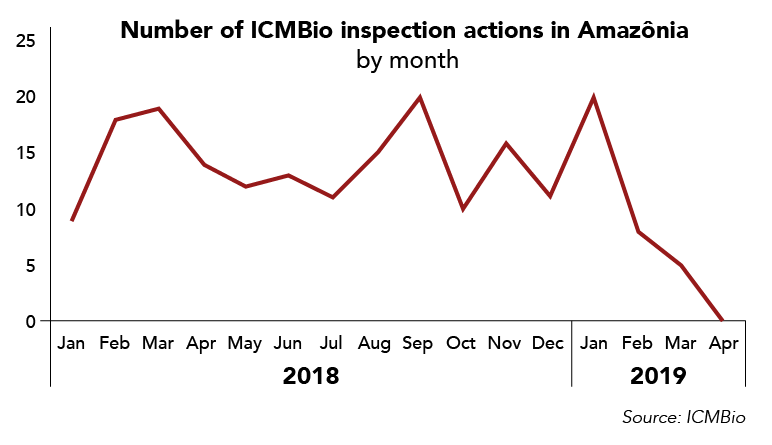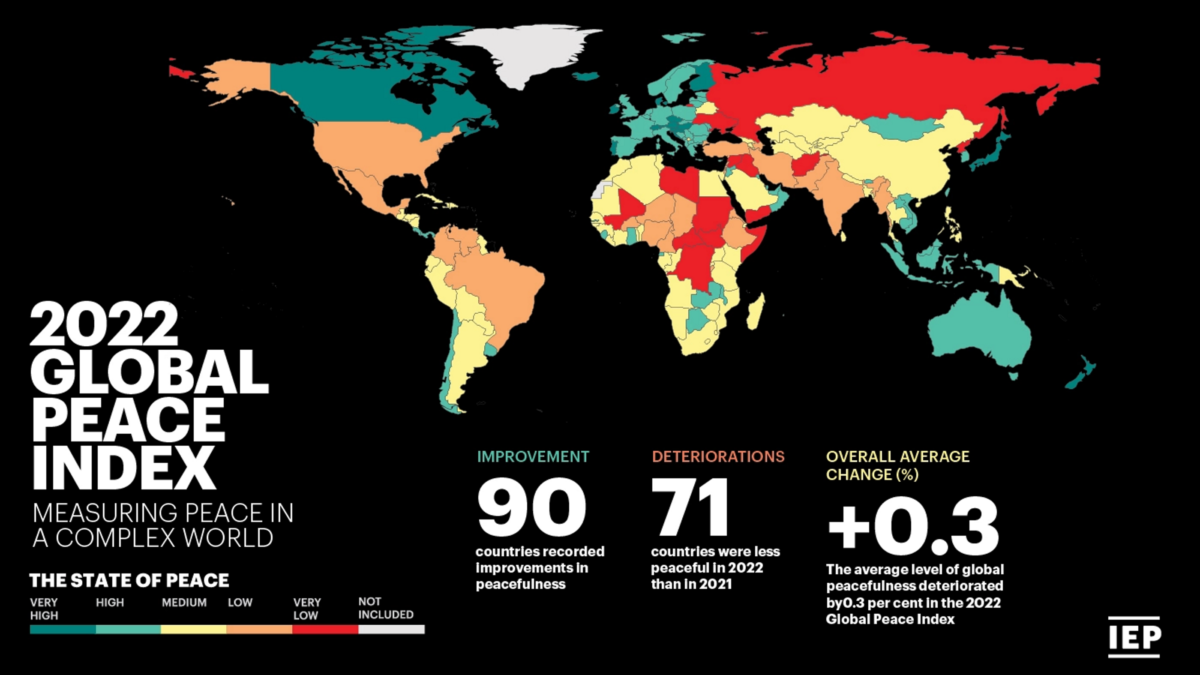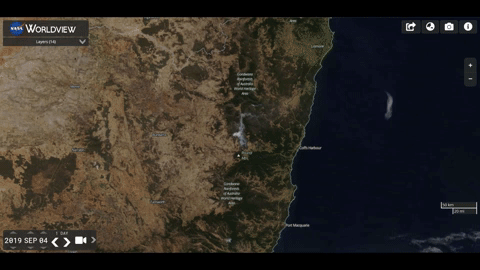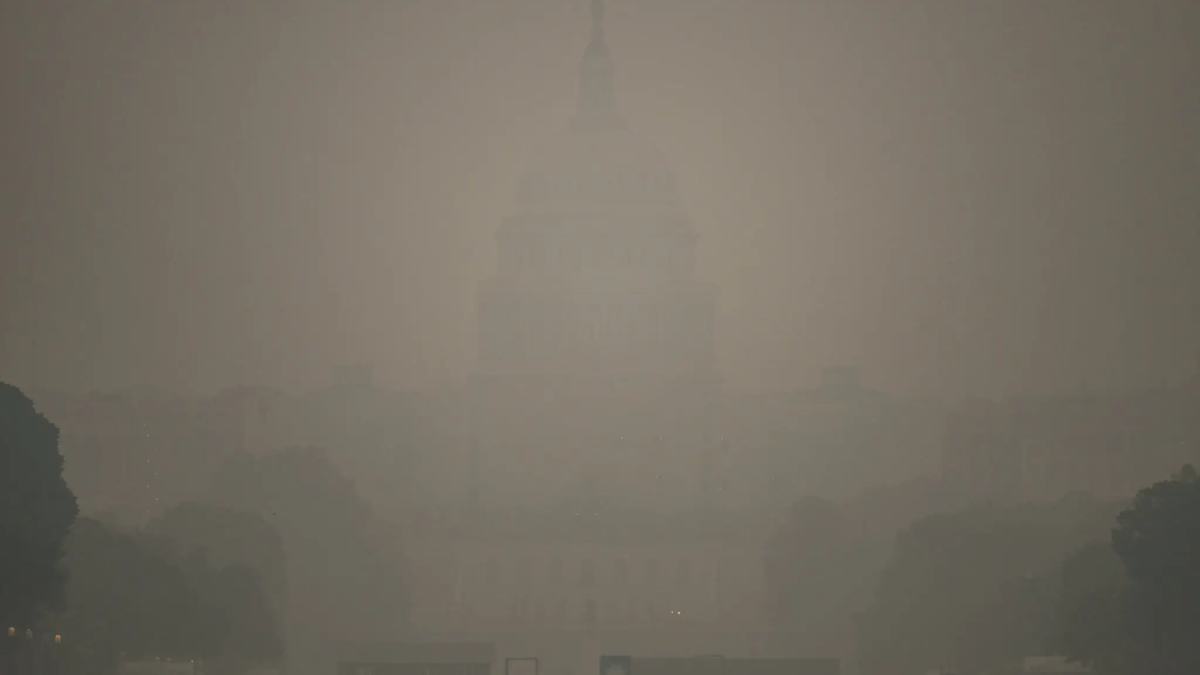Brazil guts environmental agencies, clears way for unchecked deforestation – “If before, staff were already being attacked by loggers, imagine what it is like with the president’s endorsement of the criminals”

By Sue Branford and Thais Borges
10 June 2019
(Mongabay) – The Brazilian government’s environmental agency, IBAMA, has so far this year imposed the lowest number of fines for illegal deforestation in at least 11 years, while the country’s other leading environmental agency and its federal parks’ protector, ICMBio (the Chico Mendes Institute), did not carry out any operations at all to monitor deforestation in May.
These developments, reported by the organizations themselves, reflect the extent to which the country’s environmental policies and law enforcement agencies are being dismantled by the government of President Jair Bolsonaro.
Fines for illegal deforestation were down 34 percent from Jan. 1 to May 15 this year, compared to the same period last year, according to the O Estado de S. Paulo newspaper. This is the largest percentage drop ever recorded in Brazil. In absolute terms, it marks the smallest number of fines ever (850), compared to 1,290 imposed over the same period in 2018.
The last year in which a comparable number of fines (952) were imposed during the same period was 2012 — but this was at a time when real advances were being made in the fight against illegal deforestation. Indeed, 2012 was the year with the lowest level of deforestation in the Brazil Amazon since records began.
This is far from being the case today. Recent figures on illegal deforestation, published by the National Institute of Spatial Research (INPE) and confirmed by the federal government, show that the Amazon region recorded the highest level ever of illegal deforestation for a single month in May 2019: 739 square kilometers (285 square miles), an area nearly as large as New York City. This is a 34 percent increase on the area cleared in May 2018, which was 550 square kilometers (212 square miles). It seems likely that the rise stems from government policies favorable to deforestation.
This confirms what an unnamed IBAMA official told Mongabay before the recent INPE figures were published: “It’s very difficult to believe that the decline in fines reflects a decline in illegal deforestation.” Agency employees spoke to Mongabay on background, citing fear of reprisals from the Bolsonaro administration. IBAMA’s press office told Mongabay that its request for an on-the-record interview should be sent to the Ministry of the Environment, but the ministry did not respond, despite multiple Mongabay requests.
Illegal timber harvest seizures drop toward zero
Government seizures of illegally harvested timber fell even more dramatically than the number of fines: just 40 cubic meters (1,410 cubic feet), equivalent to 10 large trees, were confiscated in the first four months of the year under Bolsonaro. By contrast, 25,000 cubic meters (883,000 cubic feet) of illegal timber were seized in 2018 under the Michel Temer administration.
It seems unlikely the volume of seizures will increase by much in the near future: all six monitoring operations planned for coming months have either been cancelled or downsized.
And those that do go ahead are likely to yield few results: IBAMA’s website must now announce in advance when and where each operation will take place, even though it’s obvious that the success of the raids depends on secrecy and the element of surprise. This advance publicity also increases the risks to IBAMA agents, leaving them more vulnerable to criminal attacks.
Mass firings leave environmental agencies leaderless
According to experts, the disarray at IBAMA is largely due to the firing of the heads of the agency’s state bodies, which carry out most of the deforestation-monitoring operations. In February, Environment Minister Ricardo Salles axed 21 of the 27 state superintendents in a single day. To date, only four of the state bodies have official heads. Without leadership, there is no proper planning for operations to curb illegal deforestation.
It’s these state superintendents who have the authority to make decisions regarding the charging of smaller fines, those up to 500,000 reais ($129,000), which constitute the majority of fines. “The employees who occupy the top posts temporarily do not feel they have the authority to take such decisions,” said another IBAMA employee.

Morale is also very low at the environmental agency, with both Salles and Bolsonaro repeatedly attacking IBAMA. One incident that greatly affected employees was Bolsonaro’s surprise announcement that IBAMA agents could no longer set fire to tractors and other equipment used by illegal loggers. This legally approved policy had long been an effective deterrent for IBAMA agents to combat criminal deforestation in remote areas where it’s both difficult and expensive to confiscate illicit equipment.
In a short video interview, Bolsonaro, standing beside Marcos Rogério, a right-wing senator from Rondônia state, banned operations to end the illegal extraction of timber from Jamari National Forest, a protected area in Rondônia that is being extensively invaded by illegal loggers and land grabbers. That presidential statement was enough to not only stop all government monitoring operations in the forest, but also make IBAMA officials fear potential assaults if they set foot in the protected area, an official said.
“If before the video, staff were already being attacked by loggers, imagine what it is like with the president’s endorsement of the criminals,” an IBAMA employee said. In practice, the government’s new policies have forced a host of highly skilled environmental officials to be paid to sit idle and not uphold the nation’s deforestation laws. [more]
Brazil guts environmental agencies, clears way for unchecked deforestation


